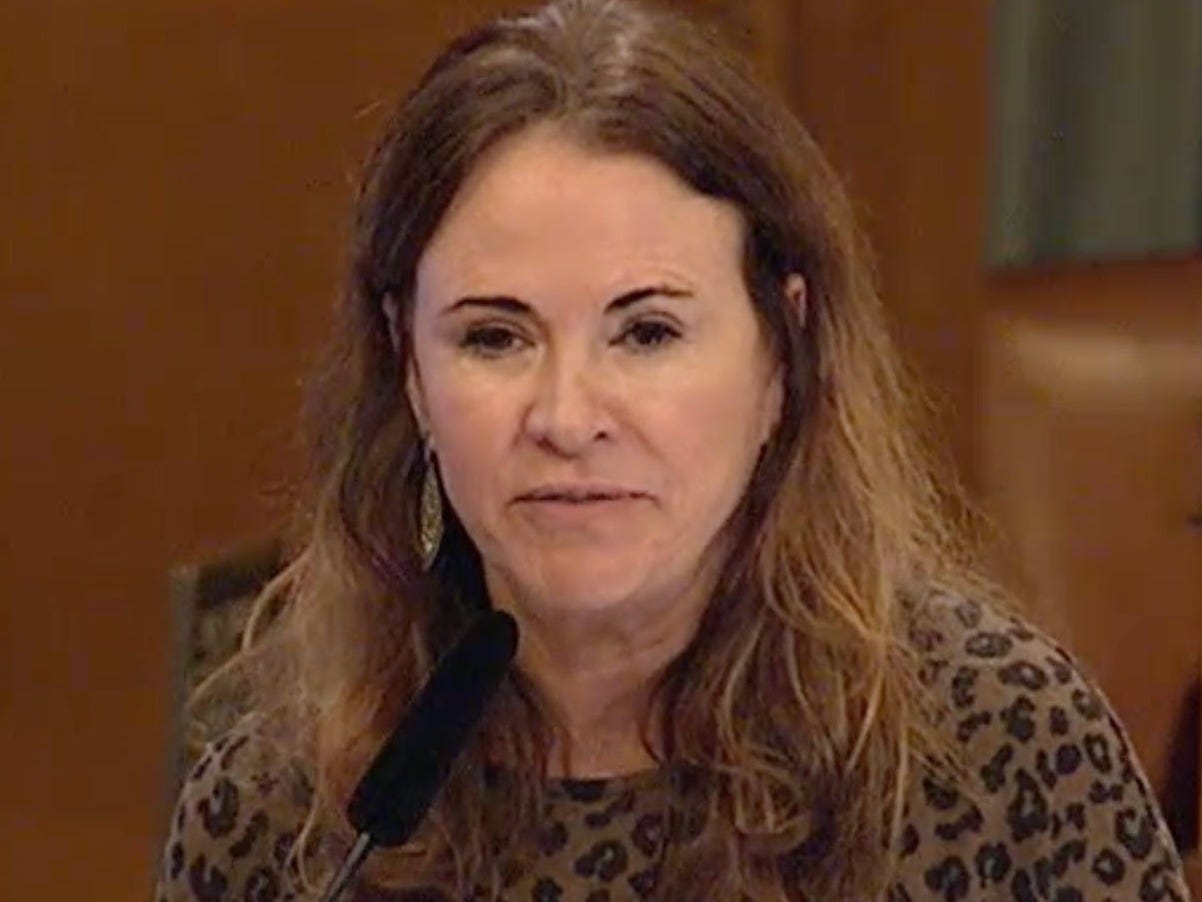Tanya Peterson Resigns—Time to Rescue the SF Zoo
Peterson’s Exit Is Just the First Step. Now It’s Time to Clean House.

After close to two decades at the helm, Tanya Peterson has officially stepped down as CEO and president of the San Francisco Zoological Society.
Her resignation, confirmed late Tuesday, marks the end of an era defined by secrecy, stagnation, and declining public trust. For years, Peterson wielded outsized influence over San Francisco zoo—an institution sitting on 100 acres of public land, operating under a city contract with minimal oversight.
But her departure is not the end of the story. It’s the beginning of a much-needed reckoning.
A Zoo in Crisis
The San Francisco Zoo isn’t just outdated—it’s broken.
For years, animals have suffered in conditions that fail even the most basic standards of care. Some of the worst exhibits have been called “inhumane” by visiting experts and city commissioners alike.
This is not just about aesthetics or preferences. It’s about neglect. It's about sentient beings living in environments that cause harm.
Meanwhile, public and staff safety has been repeatedly compromised. From outdated emergency protocols to faulty infrastructure and chronic understaffing, the risk has been real and ongoing. Let’s not forget: this is the same institution where a tiger once escaped and killed a teenager. Instead of reform, the zoo buried the past and doubled down on secrecy.
Internally, morale has cratered. Many dedicated animal keepers and veterinary staff have been pushed out, silenced, or overworked. Whistleblowers were ignored. When employees raised concerns about animal welfare, retaliation often followed.
And while all this happened, the public was kept in the dark. The zoo refused to release basic records. Budgets were opaque. Contracts were hidden. Leadership stonewalled city agencies and misled elected officials.
This is the legacy of Tanya Peterson’s leadership—and the system that supported her. The animals, the public, and the staff deserve far better.
The Zoological Society Board Must Be Next
While Peterson’s departure is significant, the structure that enabled her remains intact.
The San Francisco Zoological Society board—an insular group of wealthy appointees with no background in animal care—has operated in near-total opacity for years. Its members are self-selecting, and have dodged public accountability every step of the way. They have failed to course-correct even as internal and public criticism mounted and city bodies called for reform.
To move forward, San Francisco must reimagine the governance of the zoo itself.
What Needs to Happen Now
1. Sunset the Zoological Society’s Control
A new public-private governance structure should be created—one that includes city officials, animal welfare experts, conservationists, labor representatives, and community voices. The current arrangement has failed both animals and the public.
2. Transition Leadership to the Oakland Zoo
Since the day this campaign began, we have advocated for the Conservation Society of California—the 501(c)(3) nonprofit that runs Oakland Zoo—to take over leadership of the San Francisco Zoo. With a nationally recognized reputation for animal welfare, conservation, and transparent governance, Oakland Zoo represents exactly the kind of transformational leadership San Francisco needs. This transition should happen now. Let’s stop searching for another insider or placeholder. It’s time to partner with a proven institution that puts animals first and works openly with the public.
3. Appoint a CEO with Proven Animal Welfare Credentials
The next CEO and executive director must have an extensive, demonstrated background in animal welfare, conservation, and ethical wildlife care—not just nonprofit fundraising or political connections. The future of this institution must be led by someone who understands that animals are not attractions—they are sentient beings deserving respect, protection, and dignity.
4. Conduct an Independent Audit and Full Investigation
Even with Tanya out, her role in the zoo’s finances, operations, and oversight failures must be thoroughly investigated. San Francisco deserves a full accounting. A forensic audit of the Zoological Society’s financials and contracts should be initiated before any new agreement is signed.
5. Engage the Public
It’s time to open the gates and invite the community into a real conversation. What do San Franciscans want from their zoo? How can we build a model that reflects 21st-century values?
6. Think Bigger
San Francisco has the chance to lead—not just with a new CEO, but with a new vision. One that centers ethical care, climate action, and education—not pandas, politics, or private agendas.
A Chance for Transformation
Peterson’s resignation should not be seen as a closing chapter, but an opening act. San Francisco has a once-in-a-generation opportunity to rethink its relationship with this institution and to create a zoo—or something better—that reflects our highest values.
The animals can’t speak. But now, finally, the public can be heard.

